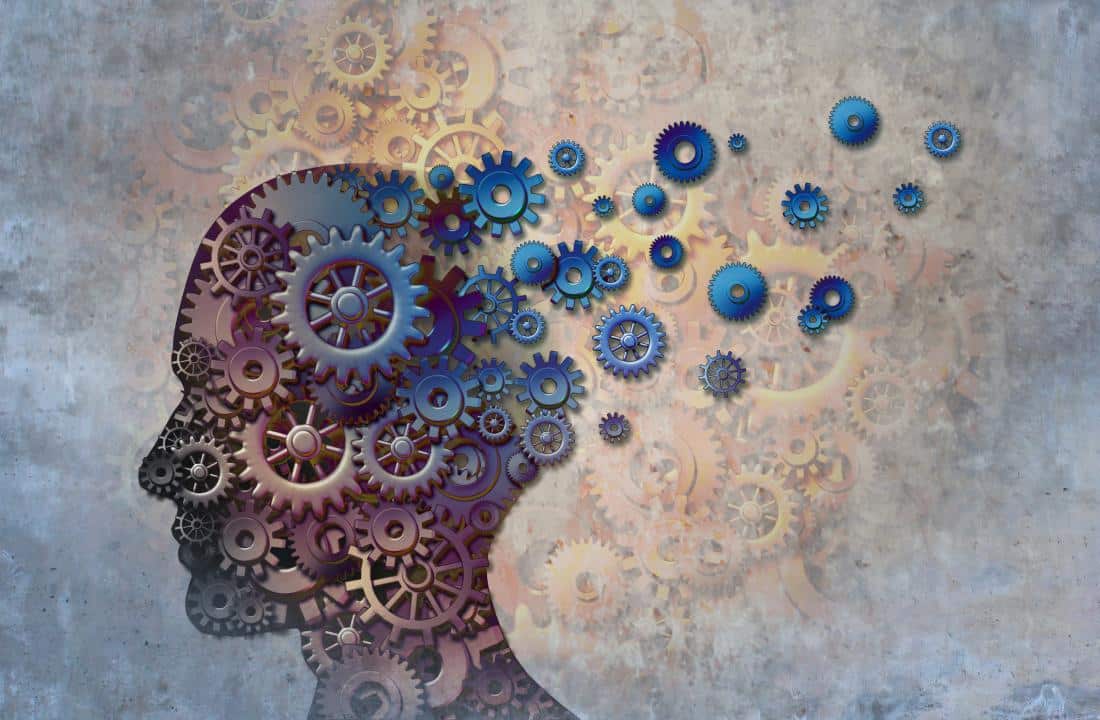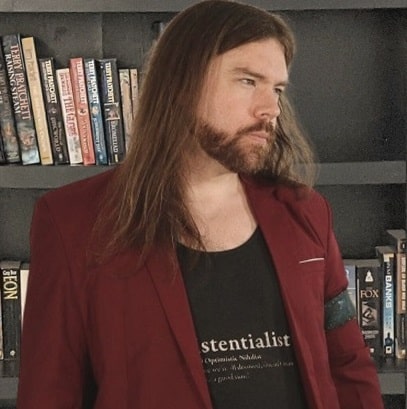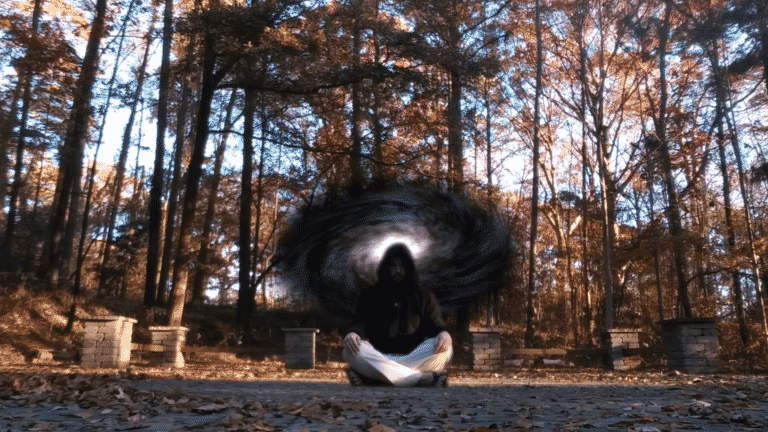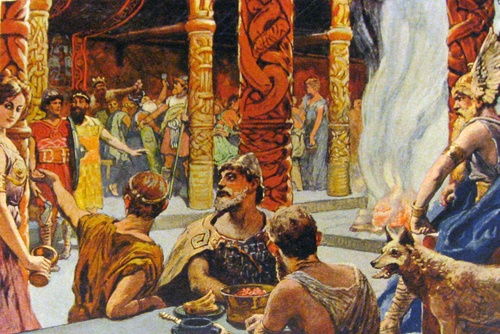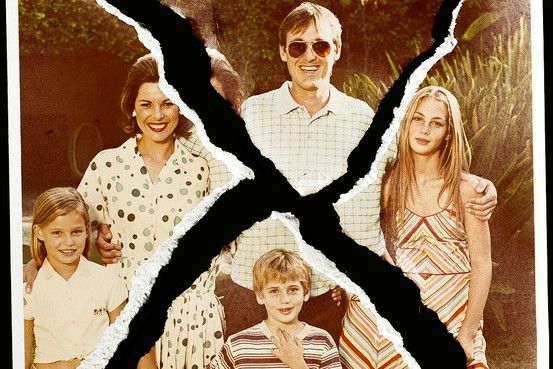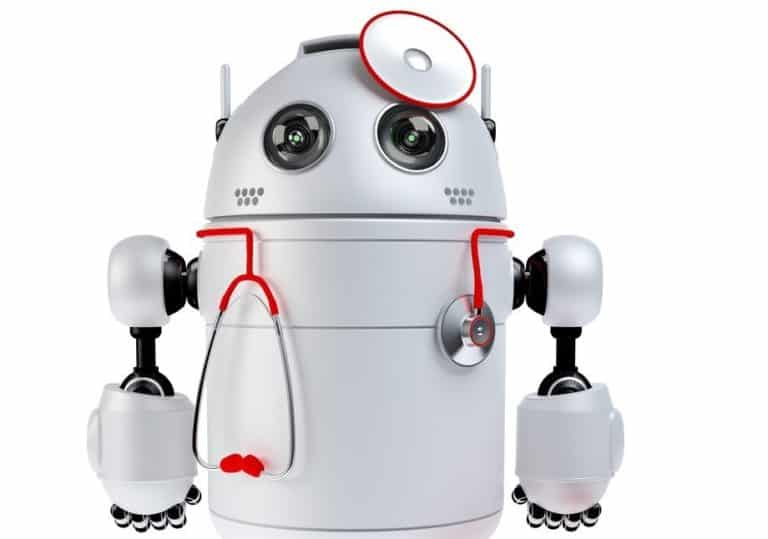Memories Define You, But They Are Fiction
Your sense of identity is crafted by a timeline of formative experiences that you accrued since you were a child. However, of all the experiences you’ve had, you probably only consciously remember a handful of them. Of that handful, the memories that you conjure are not objective truth, but subjective interpretations, degraded by time, and recorded through the eyes of an immature human with no objective understanding of the events themselves.
In other words, your memories are a sort of fiction. Indeed, the brain can be tricked as well. An event can be orchestrated; an explanation can be gaslighting; a framework can be propagandized. Even if every aspect of a memory that affects your understanding of the -self- can be confirmed to be clear-minded, it can’t be divorced from the subjective context — the current emotional state, the surrounding events. Nor can it be divorced from the context of the perceived reality, which may be interpreted through a series of false assumptions and myths.
Since memories are a fiction, and they can be both forgotten and implanted, certainly the -self- must exist outside of them. The self is something else entirely, colored by these memories, but apart from them. The -self- must be the essence of the -ghost-. It must be the algorithm of free will: the calculus of the direction your -identity- will evolve in response to certain stimuli.
Given that, a fictionalized ‘true’ memory is easily as useful as a fictional ‘false’ memory. Moreover, we know that this timeline exists as just one of a series of potentialities. Therefore each memory accrued in an alternate potentiality is as ‘true’ and affected your identity as much as any memory accrued here. Armed with this knowledge, you can begin to explore the butterfly effect in meditation.
What may have happened to you? What almost happened but inexplicably did not? What would that have felt like, and how would you have reacted? By exploring these questions, you can give your -ghost- more data to process in the discovery of self. These hypotheticals, after all, may be fiction — or may not be — but are no less real than your actual memories, which are definitively fiction. But you have to be honest with yourself; you flipped a coin and it landed heads, when it could have easily landed tails, changing your life forever. How would you have reacted in that new setting? What experiences may you have had, and how would they have changed you?
The alternate timeline is real. And you did have a reaction. What do you suppose it was? By exploring this, you can begin integrating the experiences of your potentialities into your -self-, and achieve a greater wholeness of being, and a greater understanding that your true -self-, your -essence-, your -ghost- is not created by experience. The experiences only create the shape of the jar, not its content.
Suggested films to explore these concepts:
– Blade Runner 2049 (falsified memories)
– The Butterfly Effect (timeline potentialities)
– Eternal Sunshine of the Spotless Mind (falsified memories)
– The Truman Show (orchestrated experiences)

